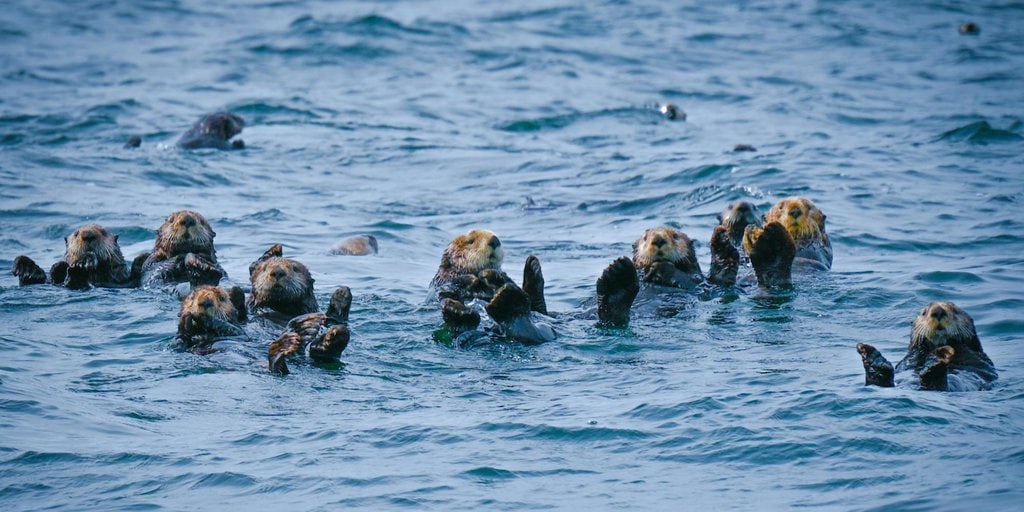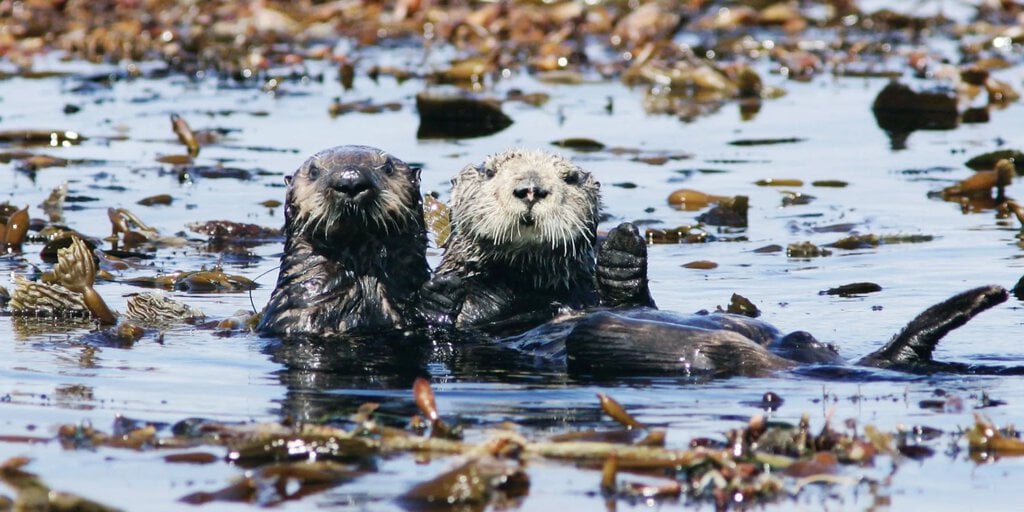Understanding Sports Psychology
Sports psychology explores how the mind influences athletic performance. Researchers study mental aspects like motivation, confidence, focus, and resilience to enhance athletes’ abilities and achievements.

This field helps athletes optimize their mindset for peak performance.
Key Findings and Techniques
Studies reveal several techniques to improve performance:
Visualization: Imagining success helps athletes prepare mentally.
Goal Setting: Setting specific, achievable goals enhances motivation and focus.
Self-Talk: Positive self-talk boosts confidence and resilience during competition.
Mindfulness: Techniques like deep breathing reduce stress and improve concentration.
Real-World Applications
Sports psychology isn’t just for professionals; its principles apply to everyday athletes and fitness enthusiasts. Techniques like visualization and goal setting can help anyone improve their fitness goals or sports performance. Understanding these psychological strategies empowers individuals to achieve their best, both on and off the field.

In summary, sports psychology research highlights the power of the mind in athletic achievement. By incorporating mental strategies into training and competition, athletes can enhance performance and achieve their goals more effectively.
The Crucial Role of Sea Otters in California’s Kelp Forests
A Vital Ecological Partnership
Sea otters play a critical role in the health of California’s kelp forests, forming an essential ecological partnership. By preying on sea urchins, which graze on kelp, otters help control urchin populations and prevent overgrazing of kelp beds. This dynamic interaction between otters and urchins has a profound impact on the structure and resilience of kelp ecosystems, highlighting the interconnectedness of species within marine environments.

The Impact of Otter Decline
Historically, sea otters were abundant along the California coast, exerting significant influence on kelp forest dynamics. However, their populations declined drastically due to overhunting in the 18th and 19th centuries, leading to a cascade of ecological effects. With fewer otters to keep them in check, sea urchin populations surged, resulting in widespread kelp deforestation and loss of biodiversity within kelp ecosystems.
Conservation Efforts and Ecological Recovery
In recent decades, conservation efforts have focused on restoring sea otter populations and promoting the recovery of kelp forests along the California coast. Through reintroduction programs and protected marine reserves, scientists and conservationists are working to bolster otter numbers and restore balance to coastal ecosystems.

As otter populations rebound, so too does the health of kelp forests, providing habitat for a diverse array of marine life and enhancing coastal resilience to environmental stressors. By recognizing the vital role of sea otters in maintaining healthy kelp ecosystems, we can better appreciate the intricate web of life that thrives along the California coast and the importance of conservation efforts in preserving these unique marine environments.